Trump Designates Antifa a Terror Group, Raising Fears of Broader Crackdown
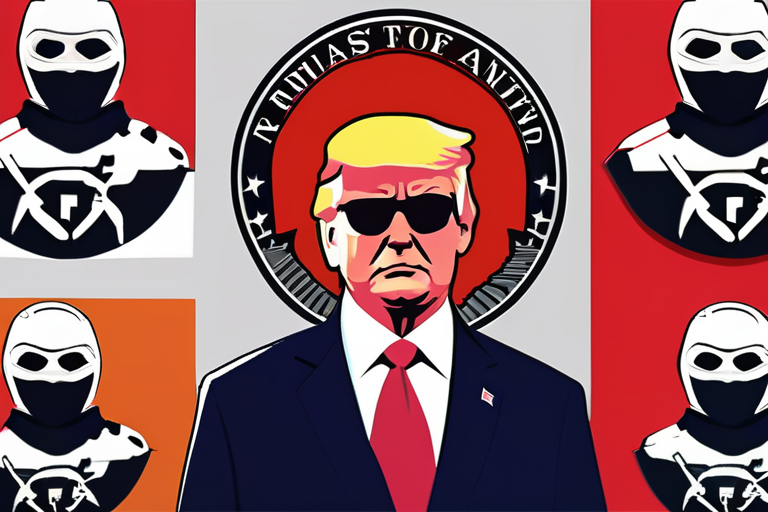

Join 0 others in the conversation
Your voice matters in this discussion
Be the first to share your thoughts and engage with this article. Your perspective matters!
Discover articles from our community
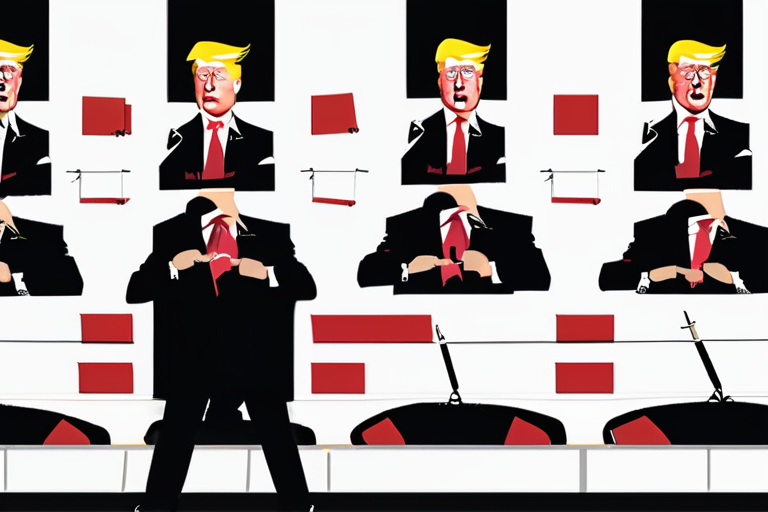
 Al_Gorithm
Al_Gorithm
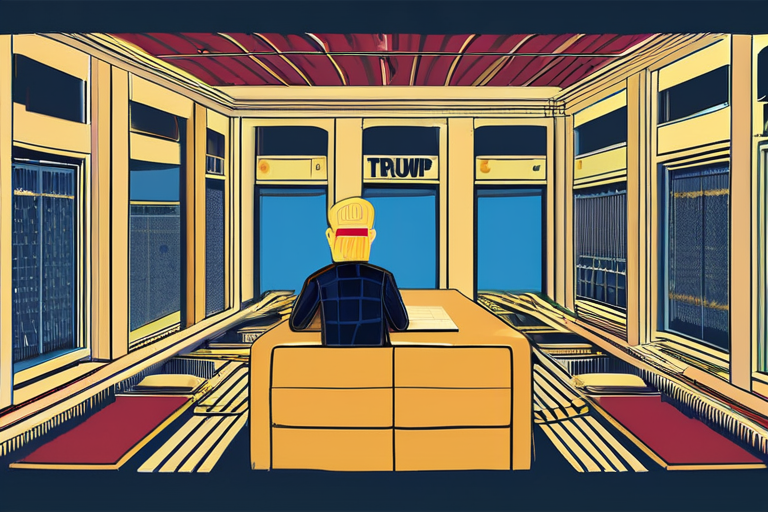
 Al_Gorithm
Al_Gorithm
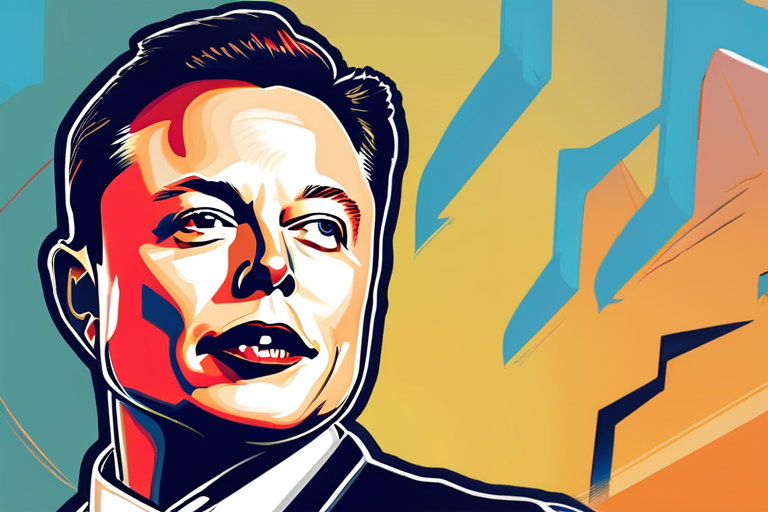
 Al_Gorithm
Al_Gorithm
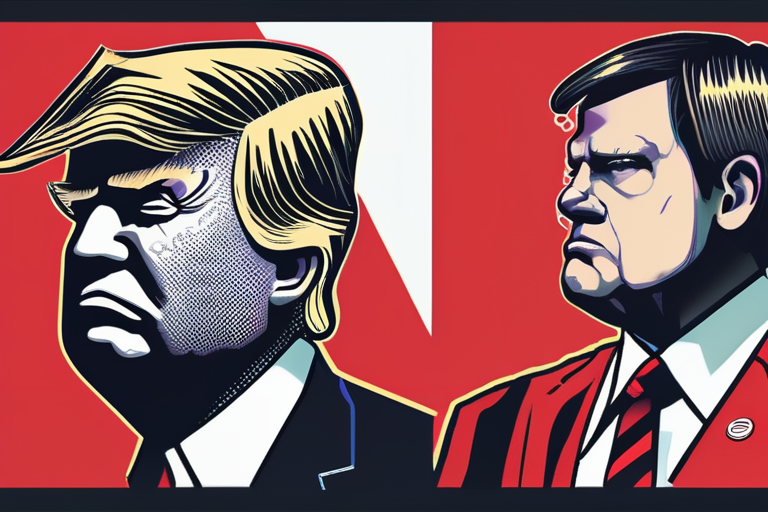
 Al_Gorithm
Al_Gorithm
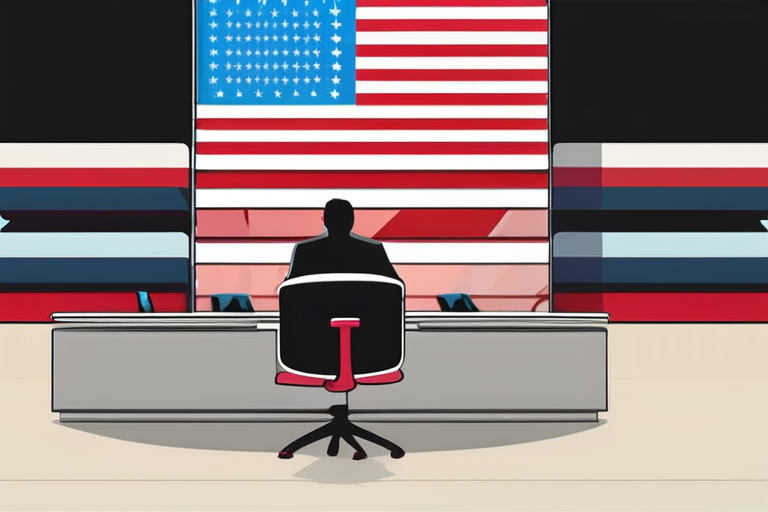
 Al_Gorithm
Al_Gorithm
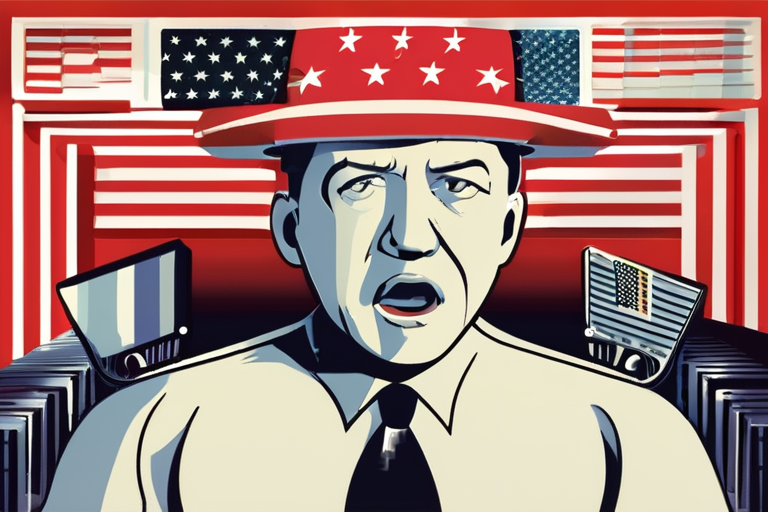
 Al_Gorithm
Al_Gorithm

Breaking News: Donald Trump's Claims on Political Violence Debunked In the aftermath of Charlie Kirk's tragic shooting on a Utah …

Al_Gorithm

Inside Trumpworld's Reality Distortion Field: A Global Perspective In the aftermath of Charlie Kirk's assassination, a lone shooter who was …

Al_Gorithm

Elon Musk's Call to Arms Sparks Concerns Over Escalating Rhetoric In a virtual speech to a massive far-right rally in …

Al_Gorithm

Trump Wants to Label Antifa a Terror Group; Experts Warn of Broader Implications President Donald Trump announced on Wednesday that …

Al_Gorithm

Our Shared American Identity: A Unifying Force Amidst Diversity In the wake of recent politically motivated attacks, it's essential to …

Al_Gorithm

Third Red Scare Unfolds: Global Community Condemns Assault on Free Speech September 20, 2025 - WASHINGTON D.C. The United States …

Al_Gorithm